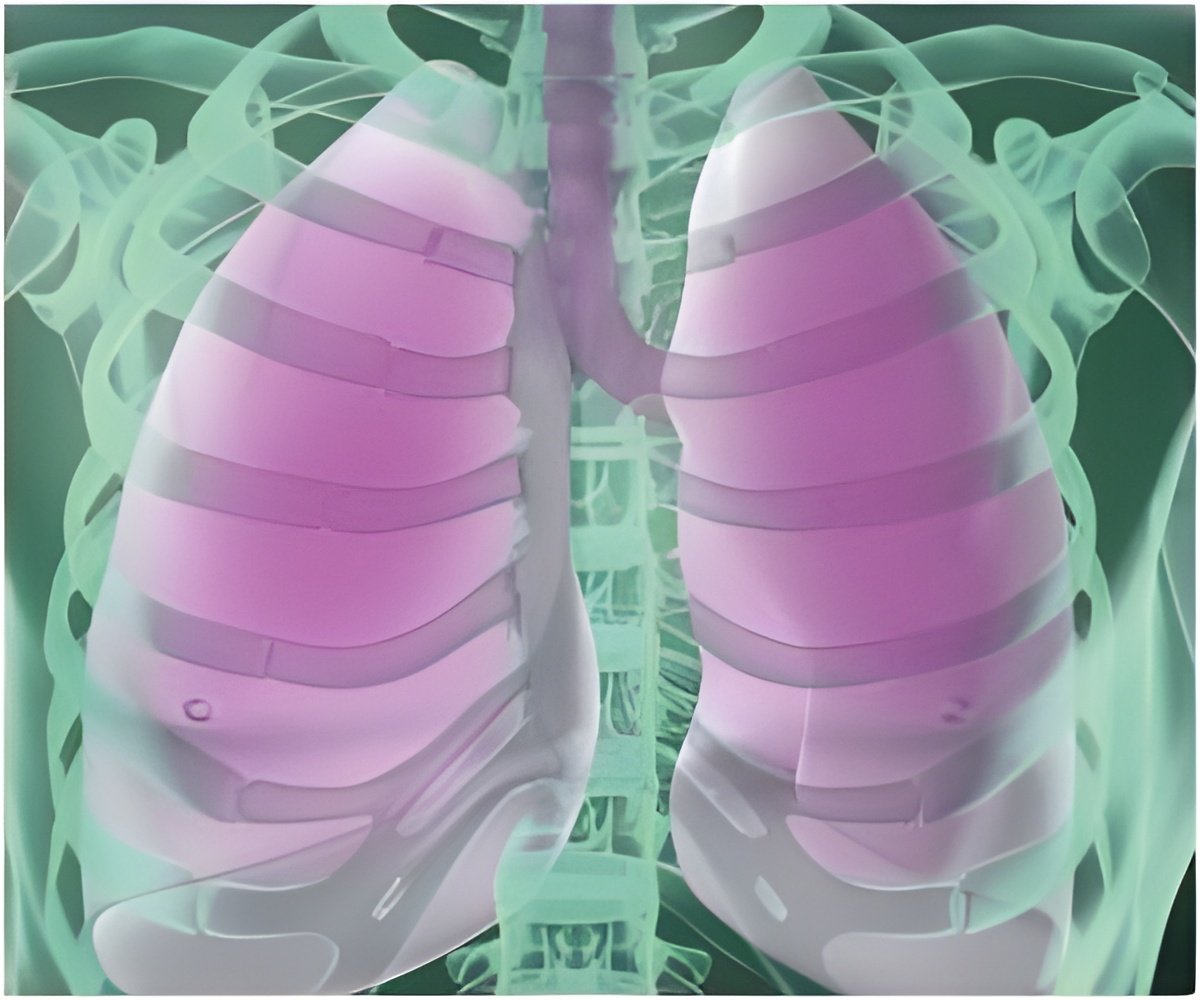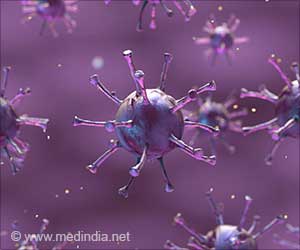In COPD patients, levels of ACE-2 in their airways are higher, which makes it easier for coronavirus to infect the airway, revealed new research.

The new study, published in the European Respiratory Journal, showed that levels of ACE-2 in former smokers are lower than in current smokers.
"We hypothesized that this could be because the levels of ACE-2 in their airways might be increased compared to people without COPD, which could possibly make it easier for the virus to infect the airway," explained lead researcher Dr Janice Leung from the University of British Columbia and St. Paul's Hospital, Vancouver, Canada.
The team studied samples taken from the lungs of 21 COPD patients and 21 people who did not have COPD.
They tested the samples to gauge the level of ACE-2 and compared this with other factors, such whether they were from people who never smoked, were current smokers or former smokers. Not only did they find higher levels of ACE-2 in COPD patients, they also found higher levels in people who were smokers.
The researchers then checked their new findings against two existing study groups, which together contain data on a further 249 people - some non-smokers, some current smokers and some former smokers.
Advertisement
"We found that patients with COPD and people who are still smoking have higher levels of ACE-2 in their airways, which might put them at an increased risk of developing severe COVID-19 infections," said Dr Leung.
"We also found that former smokers had similar levels of ACE-2 to people who had never smoked. This suggests that there has never been a better time to quit smoking to protect yourself from COVID-19," the authors wrote.
Professor Tobias Welte, an infections expert from the European Respiratory Society and is a coordinator for the national German COVID-19 task force, said that the study gives some interesting insight into why some people may be at risk of more severe COVID-19 symptoms than others.
"What it does not tell us is whether it's possible to manipulate ACE-2 levels to improve survival in patients infected with COVID-19 or whether this would make a difference in COPD patients who contract the infection," explained Welte.
Source-IANS















